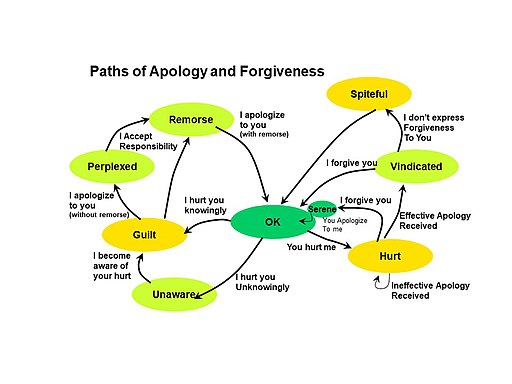Tag: apologies
How about if YOU resign over your hateful remarks, Donald?
What irony! Donald thinks Rep. Ilhan Omar should resign over tweets he says are antisemitic.

Just for the record, I am a Jew and I was not offended by her tweet “It’s all about the Benjamins,” about AIPAC’s support for the Israeli government and its frequent mistreatment of its minorities. Criticism of Israel, or of Israeli influence in US politics, is not antisemitism any more than criticism of any US president is antiamericanism. However, I can see where some people would read into it a “trope” that reinforces stereotypes. I don’t agree with them, but I see their point—and so does Rep. Omar, who apologized quickly and meaningfully.
But Donald has tweeted, spoken, and written hundreds of insults against Muslims, Arabs, Mexicans, disabled people, women, journalists, refugees…and that’s not a complete list. Donald has also been very quick to defend white supremacists and Nazi sympathizers, from his pardon of Joe Arpaio to his claim that there were “very fine people on both sides” when a white supremacist deliberately drove into a crowd at a rally in Charlottesville, killing one person and injuring several others. It’s worth pointing out that Donald has repeatedly trashed and stereotyped Jews—with multiple examples in this article, and that doesn’t even mention the infamous incident about only trusting short men in yarmulkes to count his money (smearing blacks as not trustworthy AND reinforcing anti-Jewish stereotypes in a single three-sentence remark).
So here’s my question to Donald: If you think Omar should resign over a single ambiguous remark, why haven’t you resigned after a lifetime of hate speech?

